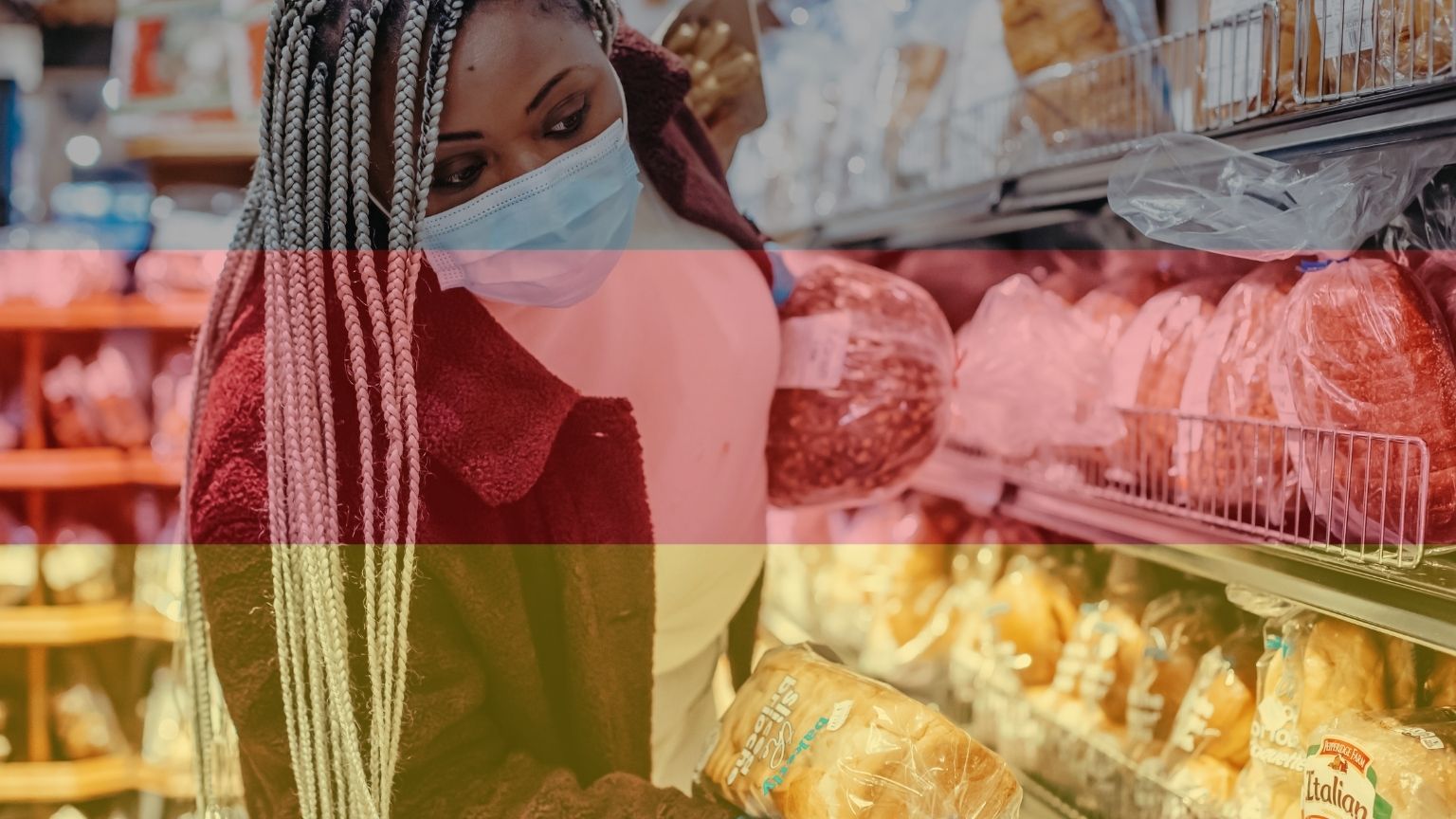The state of Hesse has joined a number of other states in Germany who are enforcing the co-called 2G rule as part of their COVID mandates, and is now allowing retailers, including those selling food, like supermarkets, to ban those without a vaccine passport from entering their premises.
Related: How vaccine passports are crushing freedom, privacy, and civil liberties
This marks an escalation of pressure that is mounting on COVID vaccine skeptics to get the jab, or risk being deprived of their basic rights, such as that of having access to food. Even at the height of the pandemic, supermarkets have been excluded from measures such as lockdowns to make sure citizens could buy basic supplies.
But now groceries and supermarkets in Frankfurt and other cities in Hesse can decide to turn unvaccinated people back from their door. The 2G rule has already been in force in about half of Germany’s states, but this form of what critics call discrimination has so far been implemented in non-essential establishments such as restaurants, night clubs and cinemas.
The state joined the 2G scheme after a local court ruled in favor of a store selling barbecue equipment, that sued for not being able to prevent unvaccinated people from shopping there.
Germany, like many other countries, is unable to mandate vaccination because that would represent a clear violation of human and constitutional rights of citizens. Instead, the country’s government has been looking for workarounds, and the 2G rule is one of them.
This model of increasing vaccination numbers means that businesses can decide for themselves whether or not to only allow inoculated, or people who have recovered from COVID in. Under 2G, people with negative COVID tests are barred from entry. The authorities are incentivizing businesses to opt in favor of this rule by allowing them to, in return, drop social distancing and mask wearing mandates.
The 2G scheme is a variation on the one known as 3G, which is implemented across Germany and refers to letting only vaccinated, recovered, or tested people into some public spaces.
Measures such as vaccine passes and other similar rules are considered highly controversial and divisive, as well as outright discriminatory towards people unable to get the COVID jab.










